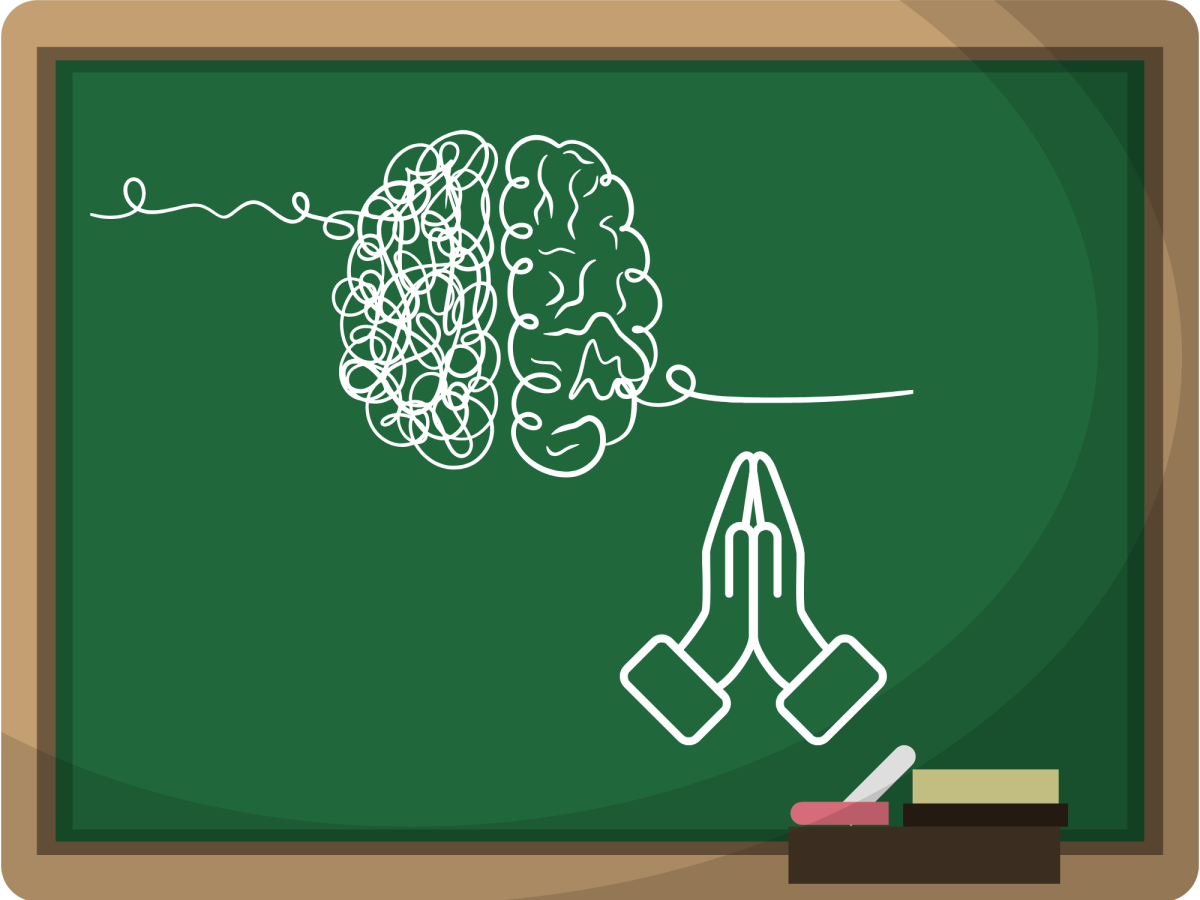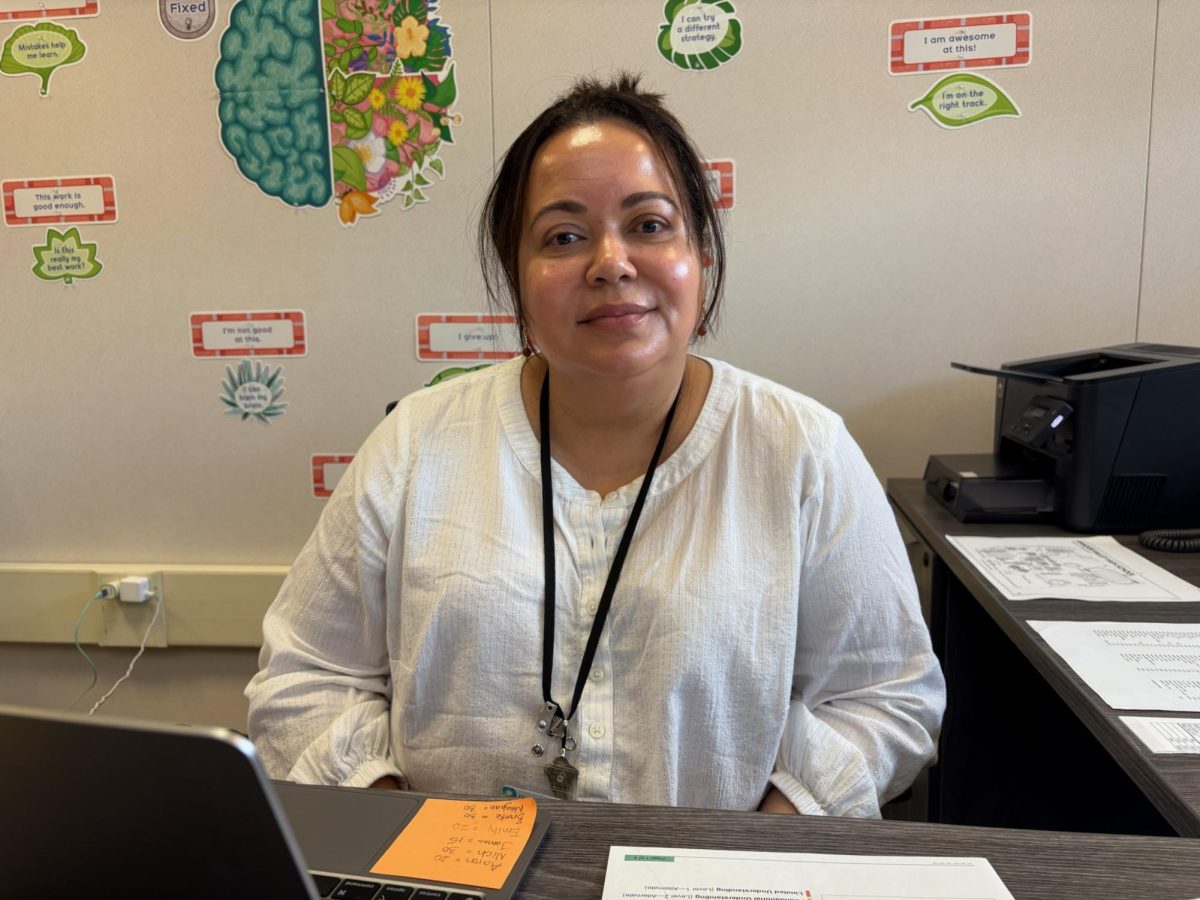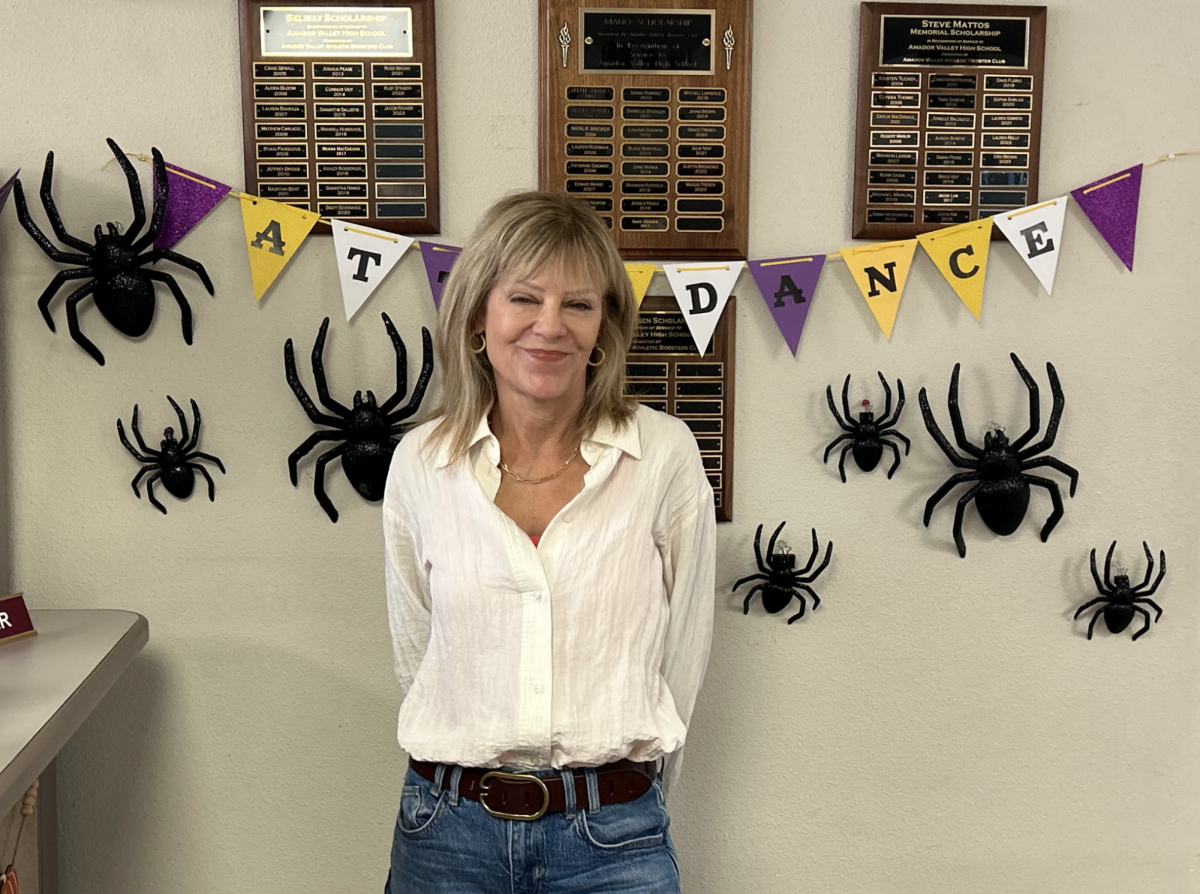As Thanksgiving nears, more people reflect on gratitude, proving it’s more than a November buzzword. Studies have shown that gratitude can have numerous effects on both our mental and physical health.
The Chemistry
“People are always surprised to hear that gratitude can improve our physical and emotional well-being.[Gratitude] seems like something you do to be nice to other people, but the idea that being kind and good to others is something that can improve our levels of mental health… is something that I feel like people are surprised at,” said AP Psychology teacher Sarah Murray.
One benefit is the release of mood-regulating neurochemicals. Researchers at Penn Medicine Princeton Health found that when gratitude is expressed or received, the brain releases dopamine and serotonin.
“When we express gratitude, the dopamine and serotonin that’s released is a natural antidepressant, and if we could reduce anxiety and reduce feelings of depression in a way that is not medically based, we’d all be better for it,” said Murray.
Furthermore, these same researchers reported that the practice leads to the development and growth of neural pathways.
“Strengthening neural pathways is called long-term potentiation. And by strengthening those, you’re going to improve memory, mood, and your ability to respond in problem-solving and reasoning,” said Murray.
Gratitude reduces stress and improves blood pressure, helping students tackle finals season stress after Thanksgiving break.
“During finals, it’s a super stressful period. And, if you practice gratitude, you can focus on some aspects of good things during this time, which can help you move forward,” said the VP of Amador’s National Alliance on Mental Illness Club Pehar Patnaik (‘26).
Connecting to Thanksgiving
Gratitude reduces stress and improves blood pressure, helping students tackle finals season stress after Thanksgiving break.
“During Thanksgiving, I show gratitude at the dinner table with my family. I take turns to say what things we’re grateful for,” said Patnaik.
No matter how it is expressed, Y-Thien Nguyen (‘26) believes there’s always something to be thankful for.
“Just appreciate the little things that happen. You might not notice it,” said Nguyen.











